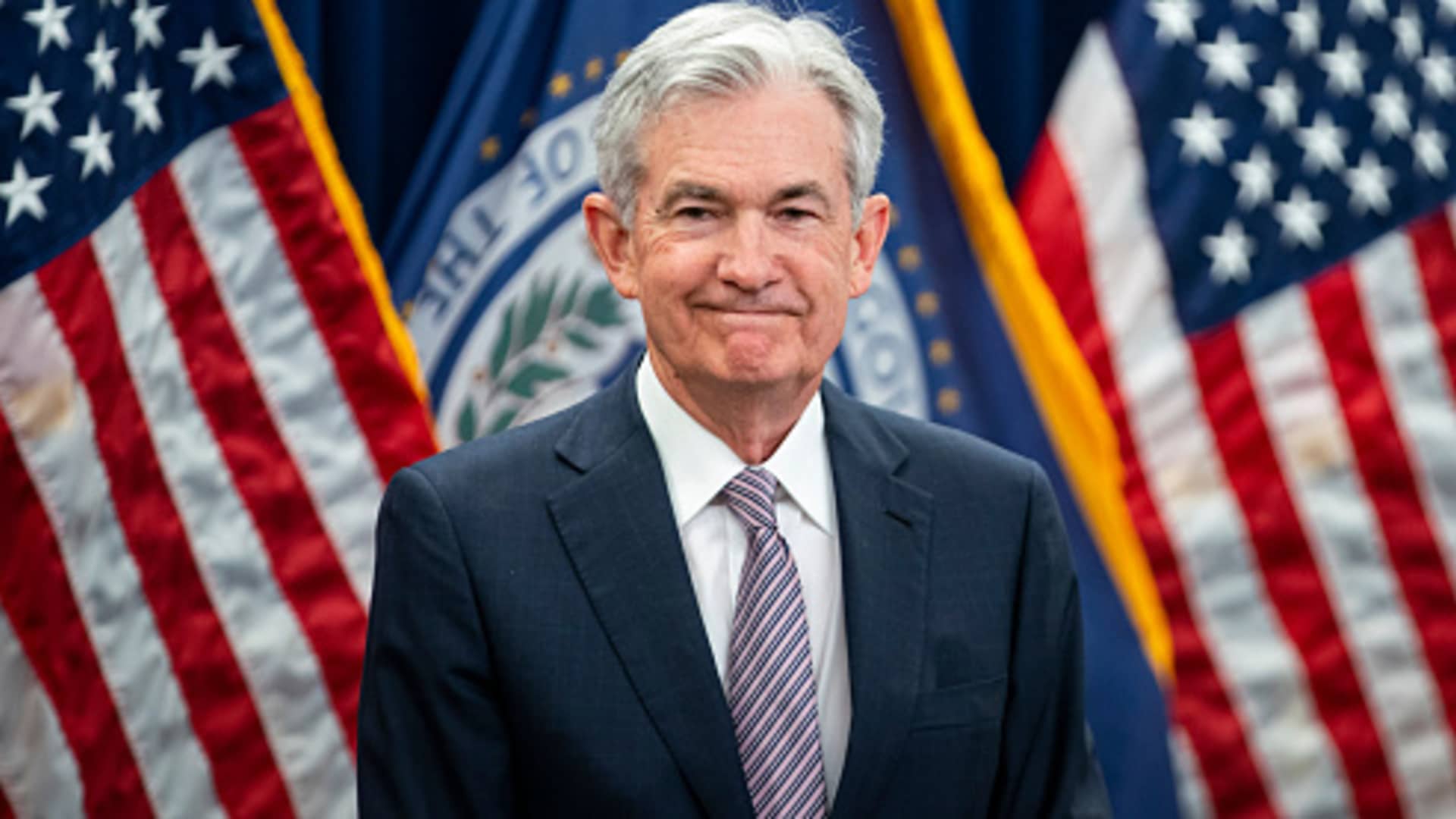
Federal Reserve officials earlier this month stressed the need to raise interest rates quickly and possibly more than markets anticipate to tackle a burgeoning inflation problem, meeting minutes released Wednesday showed.
Not only did policymakers see the need to raise benchmark borrowing rates by 50 points, but they also said similar hikes likely would be necessary at the next several meetings
They further noted that policy may have to move past a “neutral” stance in which it is neither supportive nor restrictive of growth, an important consideration for central bankers that could echo through the economy.
“Most participants judged that 50 basis point increases in the target range would likely be appropriate at the next couple of meetings,” the minutes stated. In addition, Federal Open Market Committee members indicated that “a restrictive stance of policy may well become appropriate depending on the evolving economic outlook and the risks to the outlook.”
The May 3-4 session saw the rate-setting FOMC approve a half percentage point hike and lay out a plan, starting in June, to reduce the central bank’s $9 trillion balance sheet consisting mostly of Treasurys and mortgage-backed securities.
That was the biggest rate increase in 22 years and came as the Fed is trying to pull down inflation running at a 40-year high.
Market pricing currently sees the Fed moving to a policy rate around 2.5%-2.75% by the end of the year, which would be consistent with where many central bankers view a neutral rate. Statements in the minutes, though, indicate that the committee is prepared to go beyond there.
“All participants reaffirmed their strong commitment and determination to take the measures necessary to restore price stability,” the meeting summary stated.
“To this end, participants agreed that the Committee should expeditiously move the stance of monetary policy toward a neutral posture, through both increases in the target range for the federal funds rate and reductions in the size of the Federal Reserve’s balance sheet,” it continued.
On the balance sheet issue, the plan will be to allow a capped level of proceeds to roll off each month, a number that will reach $95 billion by August, including $60 billion Treasurys and $35 billion for mortgages. The minutes further indicate that an outright sale of mortgage-backed securities is possible, with notice of that happening well in advance.
The minutes mentioned inflation 60 times, with members expressing concern about rising prices even amid confidence that Fed policy and the easing of several contributing factors, such as supply-chain problems, combined with tighter monetary policy would help the situation. On the other hand, officials noted that the war in Ukraine and the Covid-associated lockdowns in China would exacerbate inflation.
At his post-meeting news conference, Fed Chairman Jerome Powell took the unusual step of addressing the American public directly to stress the central bank’s commitment to taming inflation. Last week, Powell said in a Wall Street Journal interview that it would take “clear and convincing evidence” that inflation was coming down to the Fed’s 2% target before the rate increases would stop.
Along with their resolve to bring down inflation came concerns about financial stability.
Officials expressed concern that tighter policy could cause instability in both the Treasury and commodities market. Specifically, the minutes cautioned about “the trading and risk-management practices of some key participants in commodities markets [that] were not fully visible to regulatory authorities.”
Risk-management issues “could give rise to significant liquidity demands for large banks, broker-dealers, and their clients.”
Still, officials remained committed to raising rates and reducing the balance sheet. The minutes stated that doing so would leave the Fed “well positioned later this year” to reevaluate the effect policy was having on inflation.




